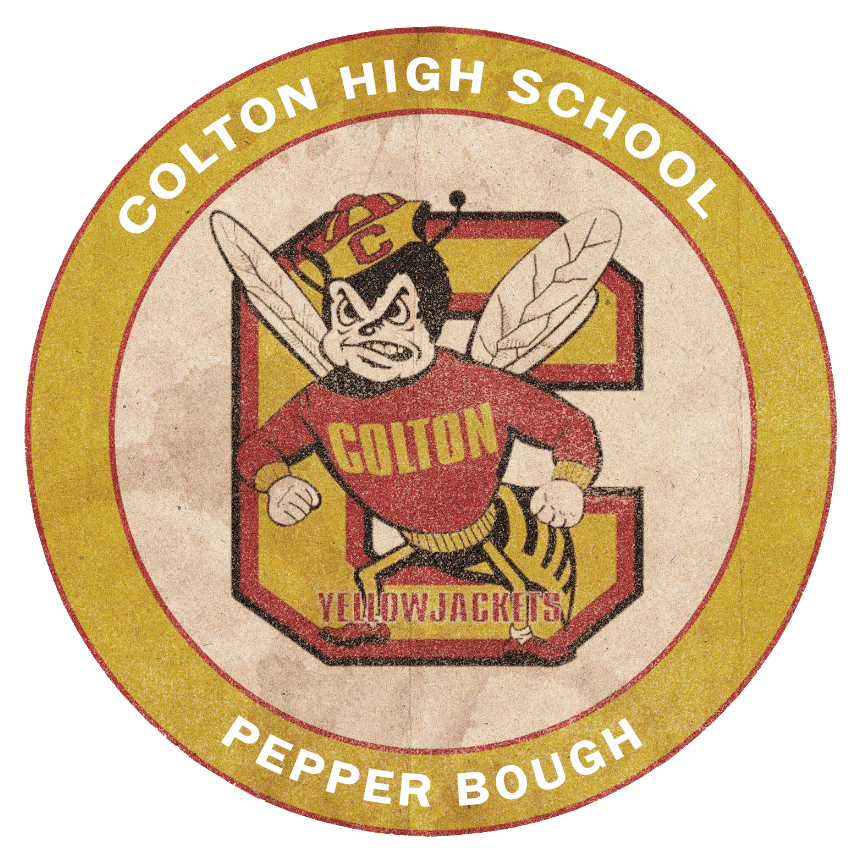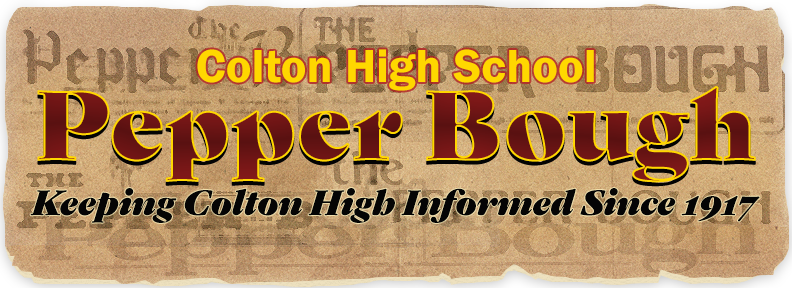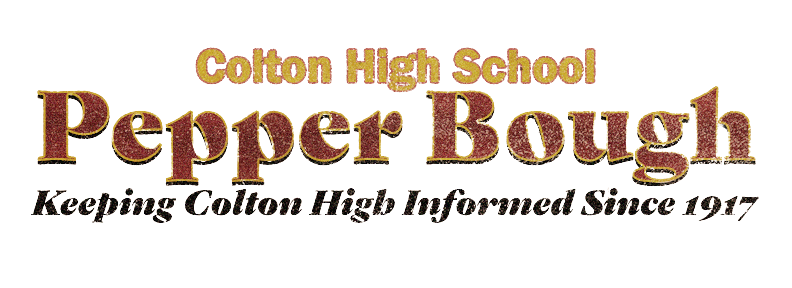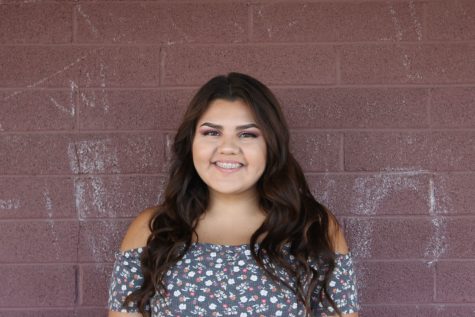The different types of poetry

January 29, 2019
According to Oxford dictionary, the definition of poetry is, “literary work in which special intensity is given to the expression of feelings and ideas by the use of distinctive style and rhythm; poems collectively or as a genre of literature.” In other words, it is a type of literature and artistic writing that tries to stretch the reader’s imagination and emotions.
In order to do this, the poet is carefully picking and organizing the language into an arrangement for the exaggerated meaning, sound, and rhythm. There are over 50 types of poetry, whether it is long or short- it is still a poem. Narrative, Dramatic, and Lyrical- those are the three main common types of poetry. Poetry does not always have to rhyme, that type is called Free Verse Poetry. It is a way to understand how language and symbol systems work. The powerful tool is an expression of emotion or deep feelings, aesthetics or a sense of what is beautiful.
Poetry isn’t one thing that just serves one purpose- just like music, it does not serve one purpose. “The Greek word poem means ‘a made thing,’ and poetry is a set of techniques, ways of making patterns that put emotions into words.” Poetry is useful for kids because it is the best words in the best order- the rhythm and rhymes can help them develop a love for language, also love for reading. Once they begin using their writing skills, poetry can give a spark to their creativity and their imaginations. “People like to write poetry because it tells them something about their life, often what they themselves long to formulate but do not have the words or creative capacity to formulate. Hence you have poets to do it for them. People like poetry because it fills us with emotions and feelings. Every poem has its own emotions.”
Poetry is the use of words and language to evoke a writer’s feelings and thoughts, while a poem is the arrangement of these words. Poetry is the process of creating a literary piece using a metaphor, symbols, and ambiguity, while a poem is the end result of the process of poetry.






